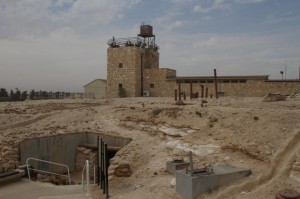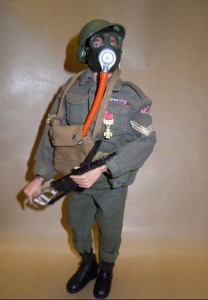It’s a nicely Boris Johnson-sounding phrase, isn’t it? Suitably, because it was the chorus of a music hall song about making-up stories, something the Prime Minister was sacked for, twice, at the start of his career in a world where clearly lying is no impediment to career advancement.
There is, according to the 1960s musical Oliver! (and how I hate exclamation marks compulsorily joined to words) a little ditty they’re singing in the City.
There’s a little ditty
They’re singing in the city
Espeshly when they’ve been
On the gin
Or the beer
If you’ve got the patience,
Your own imaginations
Will tell you just exactly what you want to hear…
So far, it’s the story of Brexit, where the pub bore suddenly feels able to pontificate about sovereignty and trade deals while even its most ardent supporters can’t quite articulate what they will be able to do that they can’t do now that the EU is stopping them doing, nor exactly how leaving the UK’s biggest trading partner is going to usher in anything except the golden opportunity to re-start the ground-nut scheme, or whatever else someone can cobble together out of a trade deal with Tanzania.
They all suppose what they want to suppose
I’ve been reading about two very different stories where people heard, saw and believed exactly what they wanted to believe they saw and heard.
When I first went to High School we had to find, remember and illustrate a poem. I chose In Flanders Fields, in large part because it was short but also because thanks to the definitive historical text of the times, the Airfix catalogue, I knew, or thought I knew, a bit about the First World War. Finding a complete set of The Great War in all thirteen volumes and all its dated monochrome glory at an uncle’s house one excrutiatingly boring holiday had helped as well. I’d been taken to see a vicar who had actually served in the First War. I’d even been given what a strange uncle called a Commando dagger, adding enigmatically, ‘they’re cruel, those Japs,’ oblivious of the fact that the Japanese weren’t fighting the UK in 1914-1918 and as it turned out, the dagger was a German First World War trench knife and nothing to do with WWII British Commandos at all. So I’d heard of the Angel of Mons.
It was a fairy tale. If you haven’t heard of it, it goes like this. Battle of Mons, 1915, British Army about to get wiped out by Germans, angels appear, can’t seem to read ‘Gott Mit Uns’ on the Germans’ belt buckles, may or may not have muttered ‘here’s socks’ and turn back the dastardly Hun instead, with or in some versions without the aid of ghostly Agincourt bowmen.
All very well and stirring stuff, and widely believed as fact, except that a man called Arthur Machen made the whole thing up, deliberately and openly. The angles and the Bowmen of Mons were fiction. He always said so right up to until the end of his life. The trouble was, nobody believed him.
Making-up is(n’t) hard to do
Much the same thing happened in France in June 1944. Hundreds of kilometres from the Normandy landings, local Resistance units rose and gathered on a plateau called the Vercors, near Grenoble. They had been waiting for the codewords on the BBC to take-up arms and fight to liberate their country. When the word came, they fought. Except the word definitively had never been broadcast. Some people, according to Paddy Ashdown (The Cruel Victory) claimed long after the war that they remembered the command in clear.
They wanted to believe it was true. It wasn’t. And it didn’t matter.
The problem being that it does matter. Newspaper after parish magazine after sermon after speech exhorted more young men to join up and get blown to pieces, drown in mud or line-up to die of flu by the hundreds of thousands, unsafe in the knowledge that angels or at least St George was looking after them specifically. On the Vercors, 4,500 French civilians stood-up and shot at the Wermacht artillery with left-over Hotchkiss guns and anything they could steal from a police barracks. They were both massacred.
Today we have a Prime Minister who makes-up stories and people who want to believe them too. Just like then, nothing bad will happen to him at all.
The end of the affair
The Overseas Food Corporation working party reported in 1950 that the groundnut scheme was costing six times as much to produce the crops as the crops were worth. Just like today they repeated the mantra that the administration in Tanganyika needed to be ‘much smaller and more flexible’ and released from ‘the burden of preconceived objectives and targets’, as well as ‘undue or premature publicity’. Plenty of time was needed to foster the growth of ‘viable economic units’ suited to the local conditions, which evidently needed to be shielded from both the public eye and eerily reminiscent of today, any particular expectations.
The groundnut scheme was folded in January 1951. Debts of £36.5 million – over a thousand million sterling today – were written off. Just like today, it was all nobody’s fault that people believed in it all.



